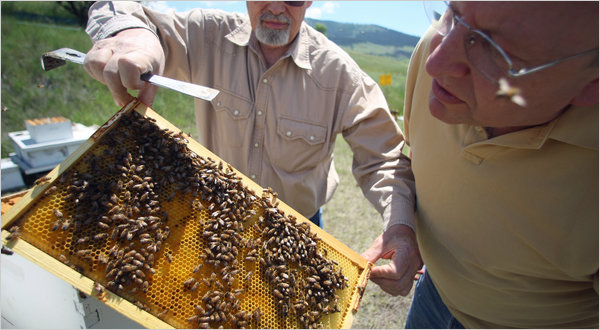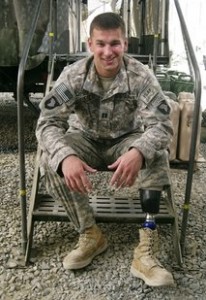India-Russia: India will buy 250 to 300 advanced stealth fighter aircraft from Russian, according to Defence Minister A.K. Antony, as he announced the deal worth nearly $30 billion. Antony and Russian Defense Minister Serdyukov said Russia would supply the Fifth Generation Fighter Aircraft (FGFA) as well as 45 transport aircraft. India also will jointly manufacture the fighters under license for ten years.
NIGHTWATCH Comment: The future of the Indian Air Force appears to be linked primarily to Russian rather than US firms. This agreement thinly hides an Indian strategic judgment about the threats it faces from China and Pakistan, about the US as a supplier for coping with those threats compared to the Russians.
India is making long term preparations to be ready for a major war after ten years that will require fifth generation fighters because the most likely enemy – presumably China – also will have those air capabilities. The Russians are willing to sell India the aircraft and to license the technology. The US is not building significant numbers of fifth generation fighters and will not sell them even to Israel.
The Indians, Russians and Chinese do not share the US strategic outlook favoring small wars and counterinsurgency forces.
Phi Beta Iota: Since the mid-1990's, when the best minds associated with the U.S. Army's Strategic Studies Institute turned decisively away from the two-major theater war model, and we presented the 1+iii (One Plus Triple Eye) strategy, the US has been incoherent with respect to strategic policy, acquisition, and operations. Ideology is not a substitute for intelligence, and technology is not a substitute for thinking.
Graphic: Four Forces After Next (from 1993-1995)
2009 Perhaps We Should Have Shouted: A Twenty-Year Restrospective
2001 Threats, Strategy, and Force Structure: An Alternative Paradigm for National Security
2000 Presidential Leadership and National Security Policy Making
1998 JFQ The Asymmetric Threat: Listening to the Debate
1995 GIQ 13/2 Creating a Smart Nation: Strategy, Policy, Intelligence, and Information
1993 On Defense & Intelligence–The Grand Vision
and some graphics….
Continue reading “NIGHTWATCH Extract: East Prepares for Big War”







